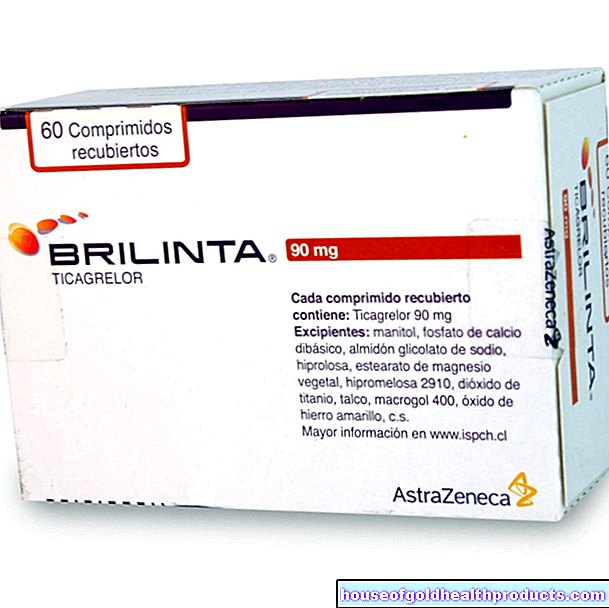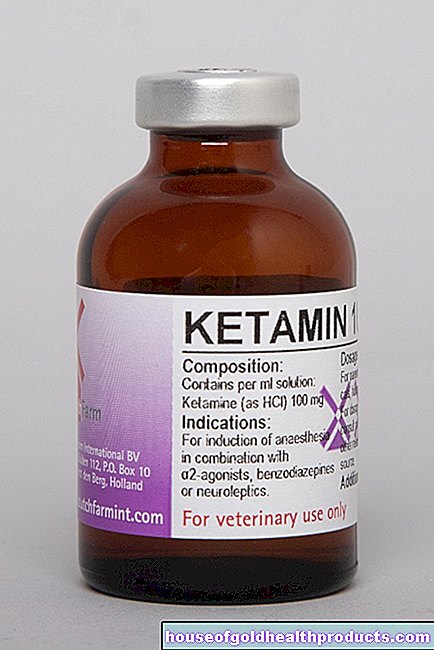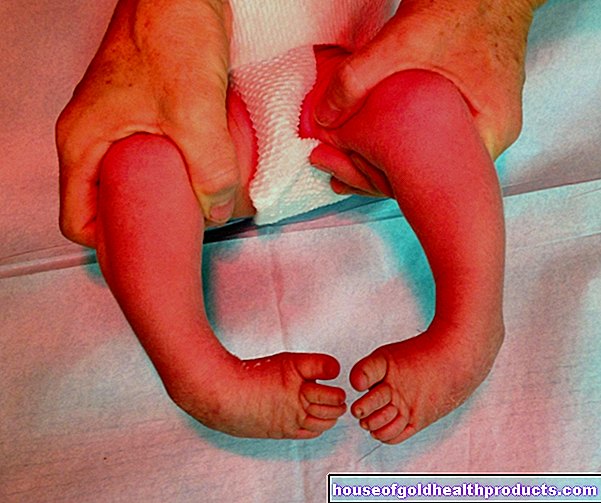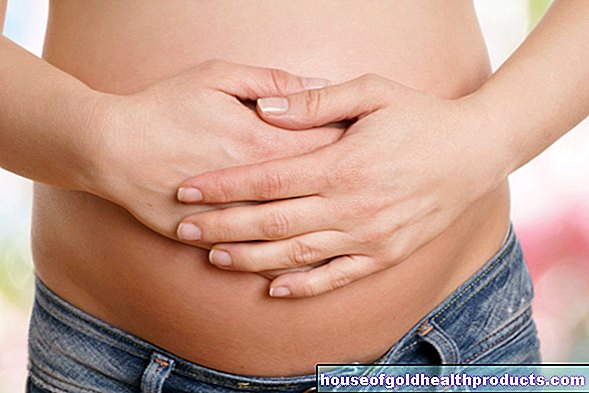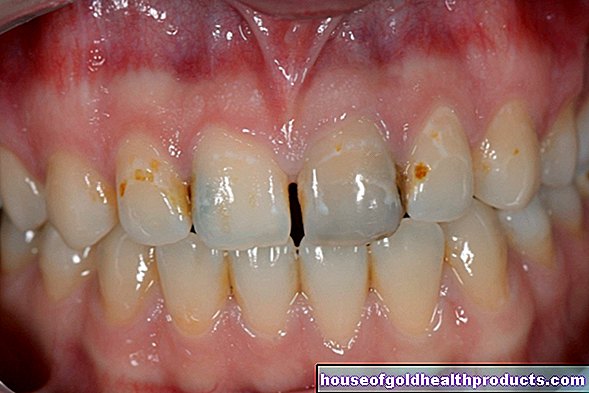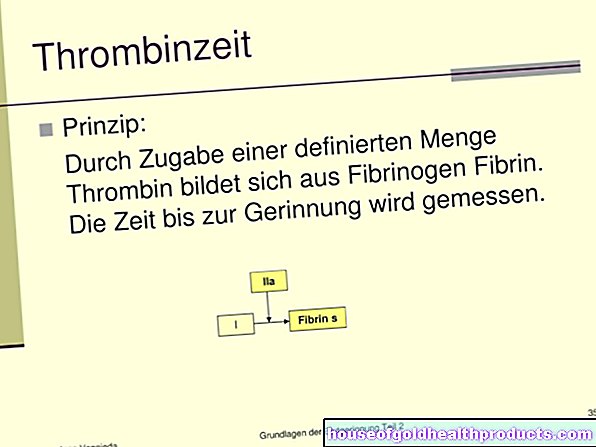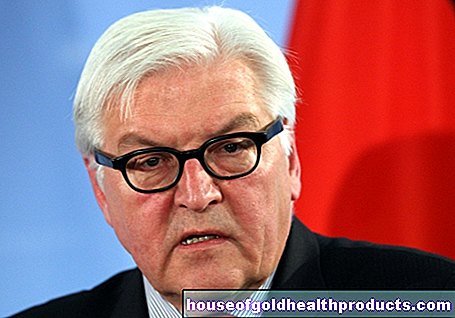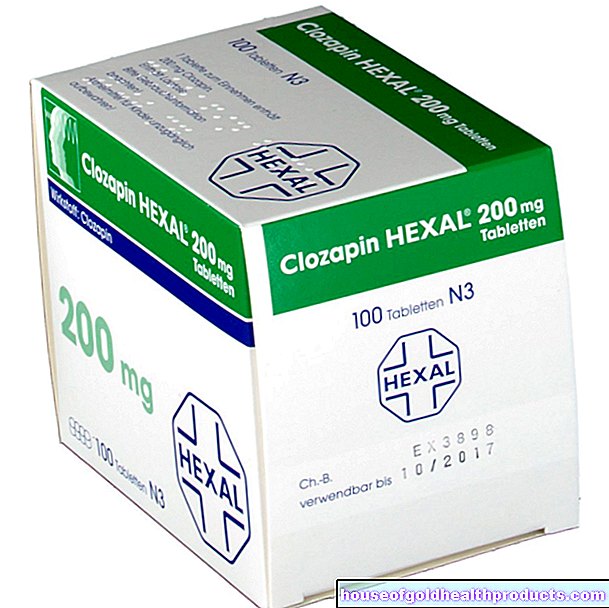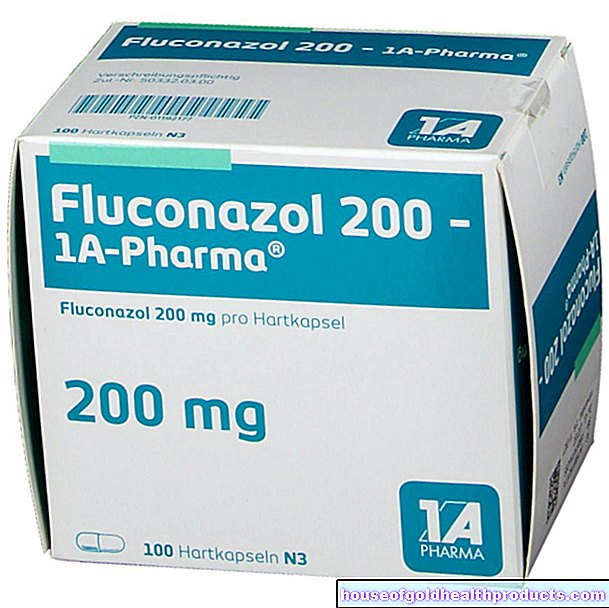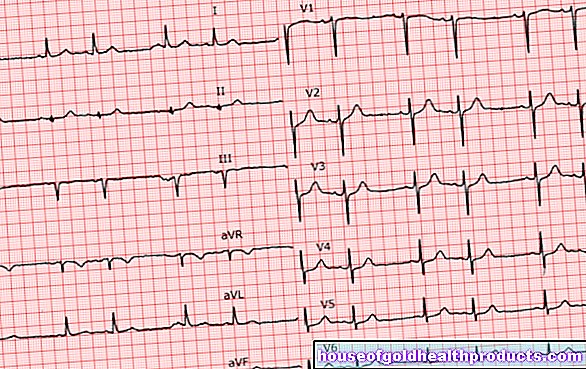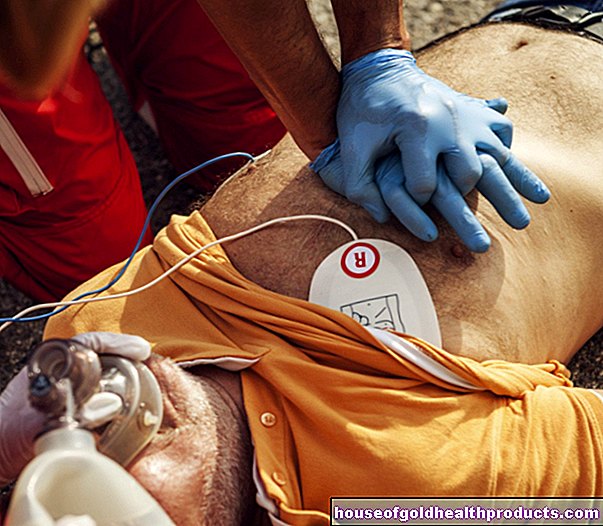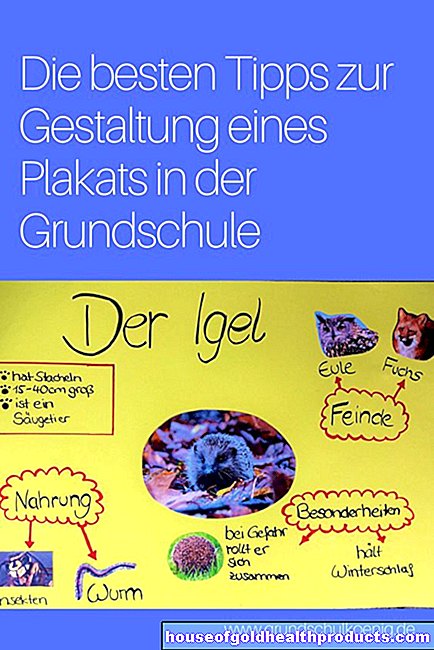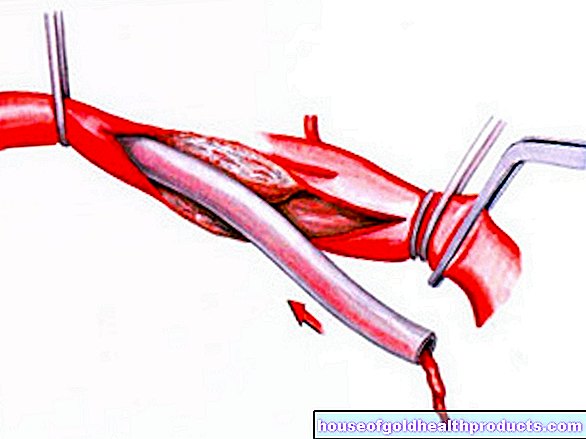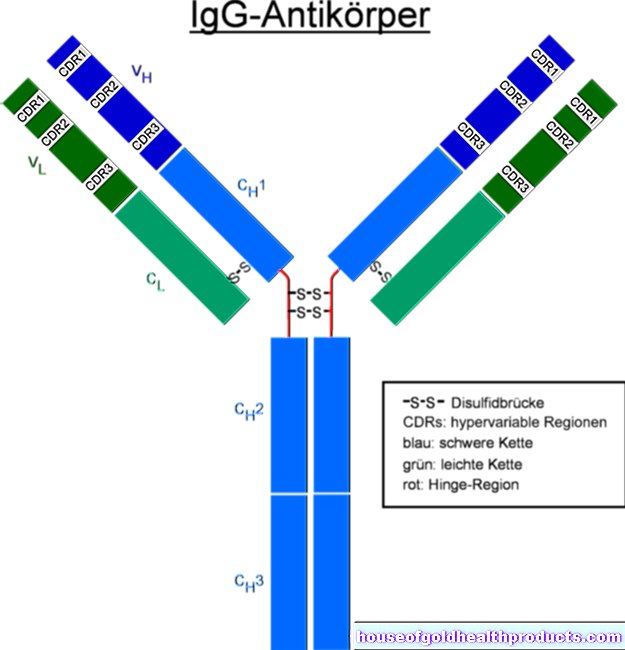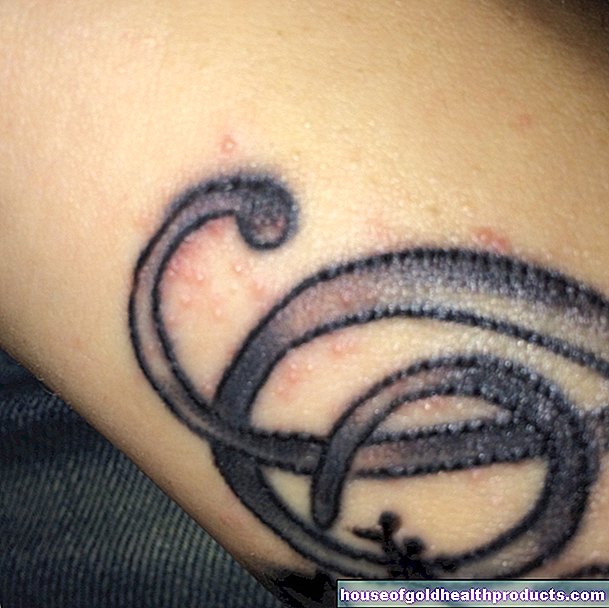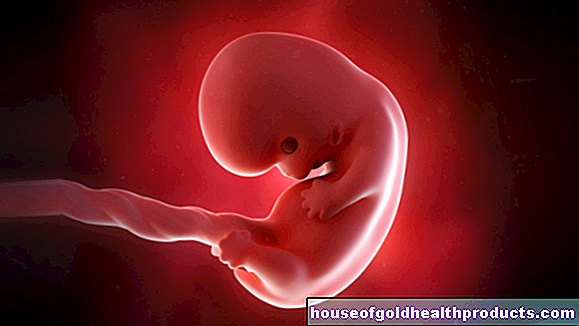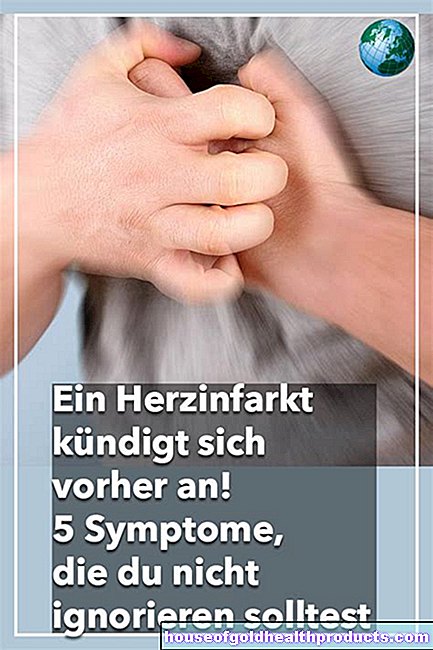Alcohol: Drink less thanks to mindfulness training
Christiane Fux studied journalism and psychology in Hamburg. The experienced medical editor has been writing magazine articles, news and factual texts on all conceivable health topics since 2001. In addition to her work for, Christiane Fux is also active in prose. Her first crime novel was published in 2012, and she also writes, designs and publishes her own crime plays.
More posts by Christiane Fux All content is checked by medical journalists.Eleven minutes of mindfulness training - that's enough for people with high-risk alcohol consumption to significantly reduce the amount they drink each week. However, doing a relaxation exercise does not have this effect.
Mindfulness exercises are very popular these days - especially for stress relief and the treatment of mental disorders. A team led by Sinjeev Kamboj has now investigated whether the technology is also suitable for reducing excessive alcohol consumption.
For this purpose, the researchers recruited 68 heavily drinking, but not alcohol-dependent men and women. They randomly prescribed either mindfulness training or a relaxation exercise.
Alcohol - what is too much?
According to the renowned Alcohol Use Disorders Identification Test (AUDIT), all persons who achieve eight points on a score from zero to forty are considered heavy drinkers. In order to determine this, the participants answer questions about drinking frequency and drinking quantity, but also about feelings of guilt about drinking or whether they have already been asked about their drinking behavior. From a point value of 15, alcohol dependence is increasingly likely.
In addition to this score, all subjects stated how much alcohol they had consumed in the previous week.
Value-free perception
The mindfulness group listened to an eleven-minute audio exercise through headphones. They were accompanied by an experienced trainer. Before the actual exercise, he explained to the participants how mindfulness works. By focusing on the bodily sensations, one manages to tolerate the craving for a drink as a temporary condition rather than trying to suppress it. The participants then took the audio exercises home with them, recommending that they also be used there if possible.
Alternative relaxation
The participants in the relaxation group also heard instructions through headphones, but this time for relaxation. They were asked to consciously relax all muscles. The test subjects were told that this reduced the desire for alcohol. They too received the suggestion to complete the audio training independently in the following week.
Two liters of beer less
After one week, those practicing mindfulness had drank an average of 9.3 units of alcohol (per 8 grams of pure alcohol) less than the week before. That corresponds to a quantity of around 1.9 liters of beer. The consumption remained unchanged among the participants who had completed the relaxation exercises.
“Mindfulness exercises can make someone more aware of the fact that they are reflexively responding to temptations. Those who are mindful of their cravings can better avoid having a drink automatically when they feel like it, ”says Kamboj.
Mindful in the here and now
Be it a body scan, in which you “listen into” every part of your body part by part, or whether you walk, eat or breathe focused: Mindfulness means being open to inner and outer experience in the here and now, to perceive it, without judging it. Mindfulness exercises have the great advantage that they usually work straight away.
Through regular practice, unconscious reactions and automatic actions - such as reaching for a beer glass at the end of the day - can be broken down. Study co-author Damla Irez also says: "We found it encouraging that even a short training session and limited involvement of the participants can have a significant effect on consumption."
Tags: skin care stress prevention